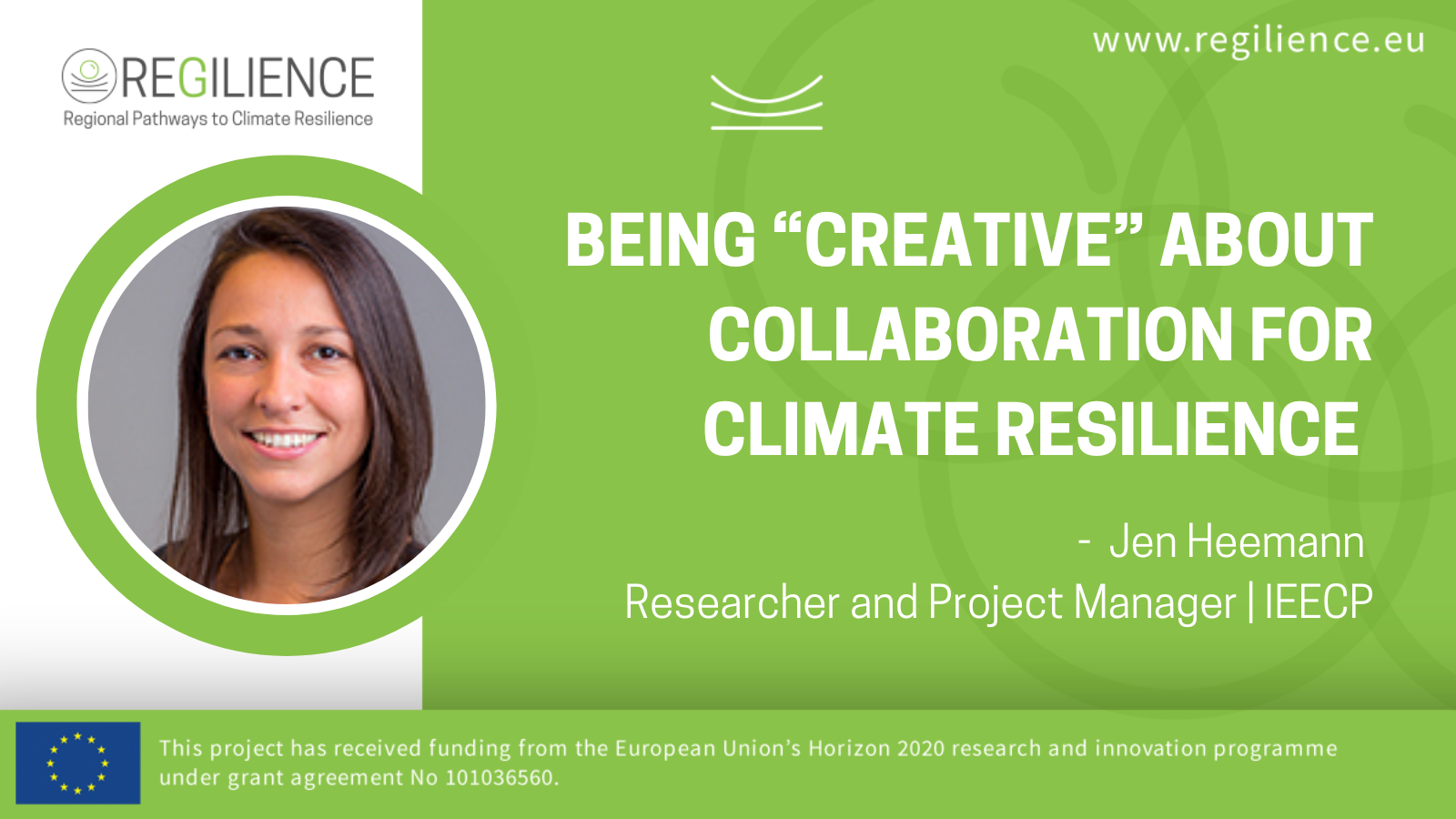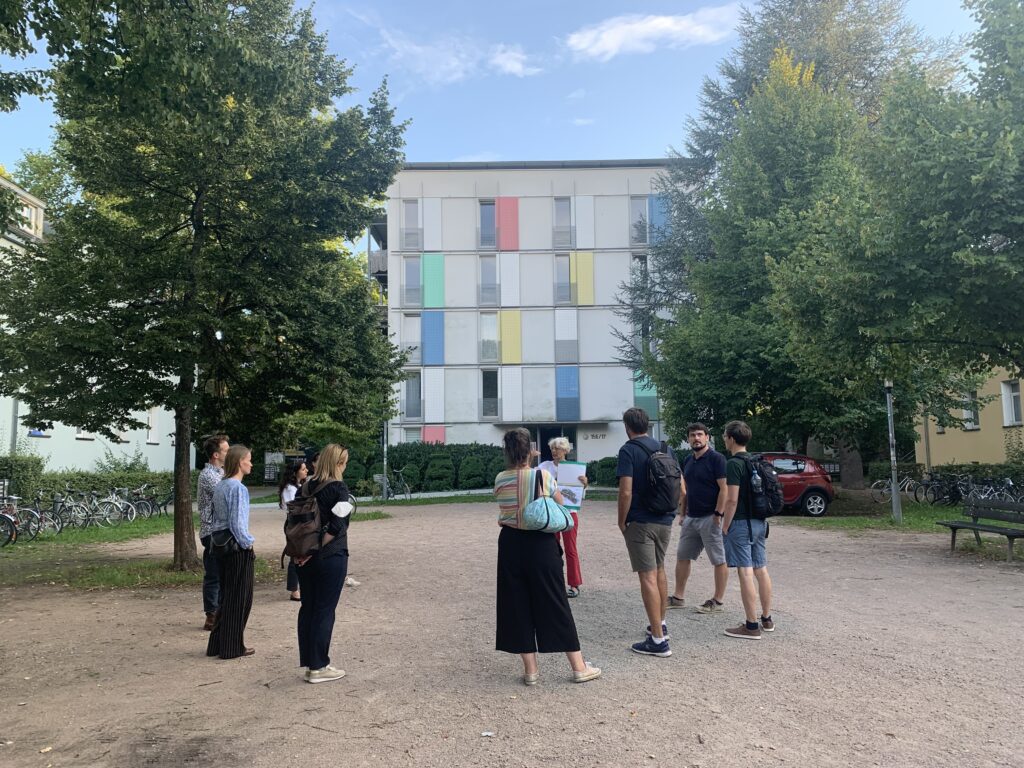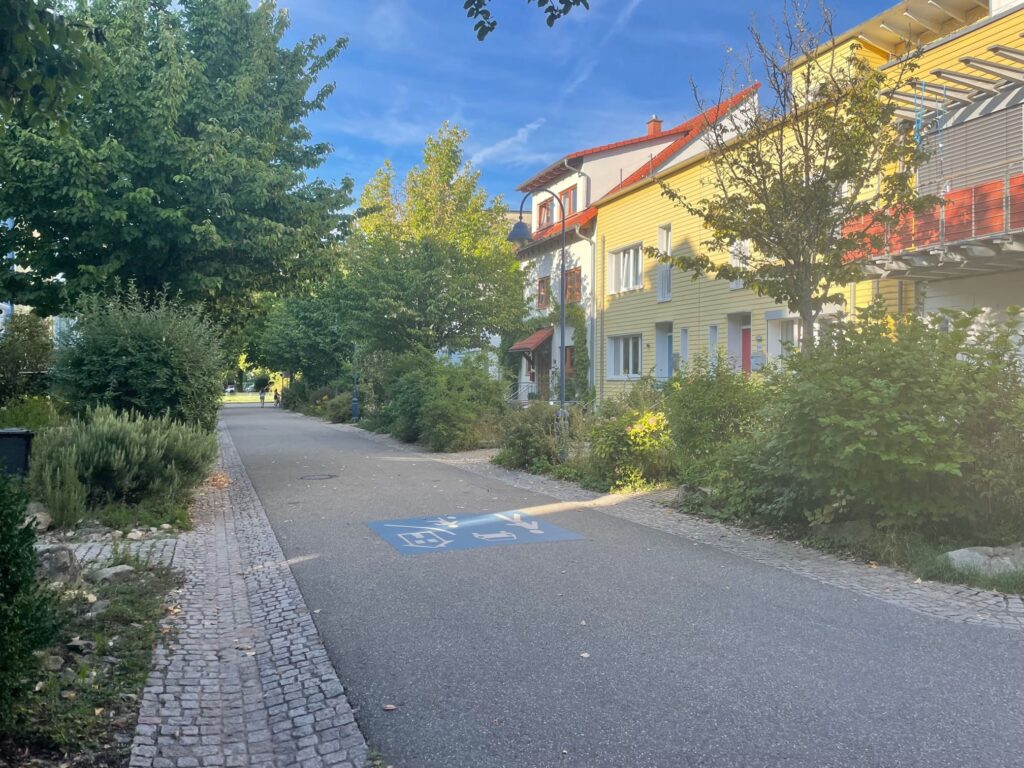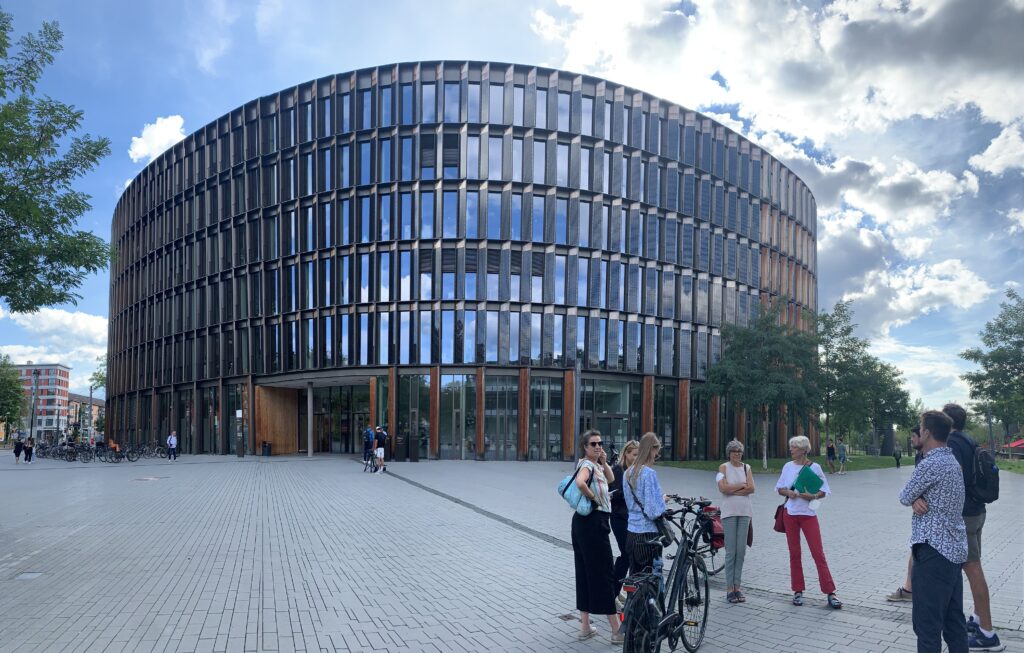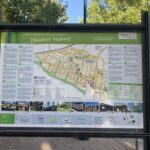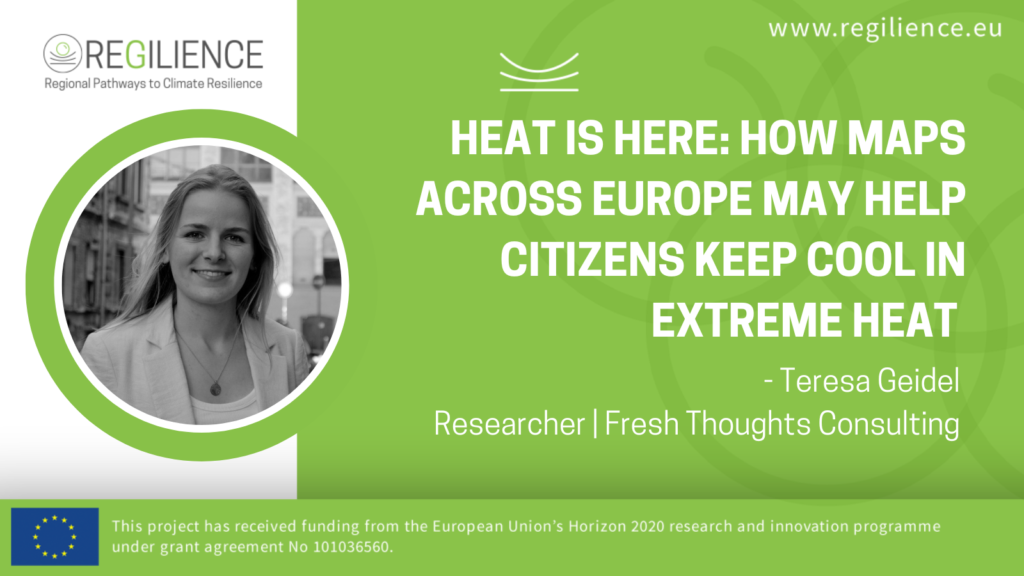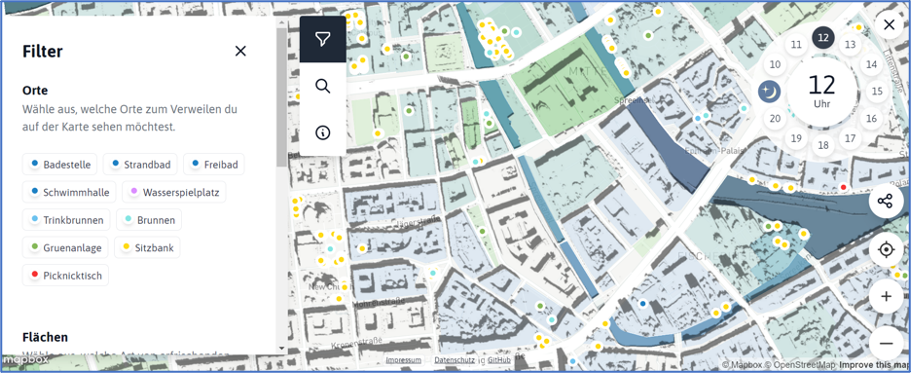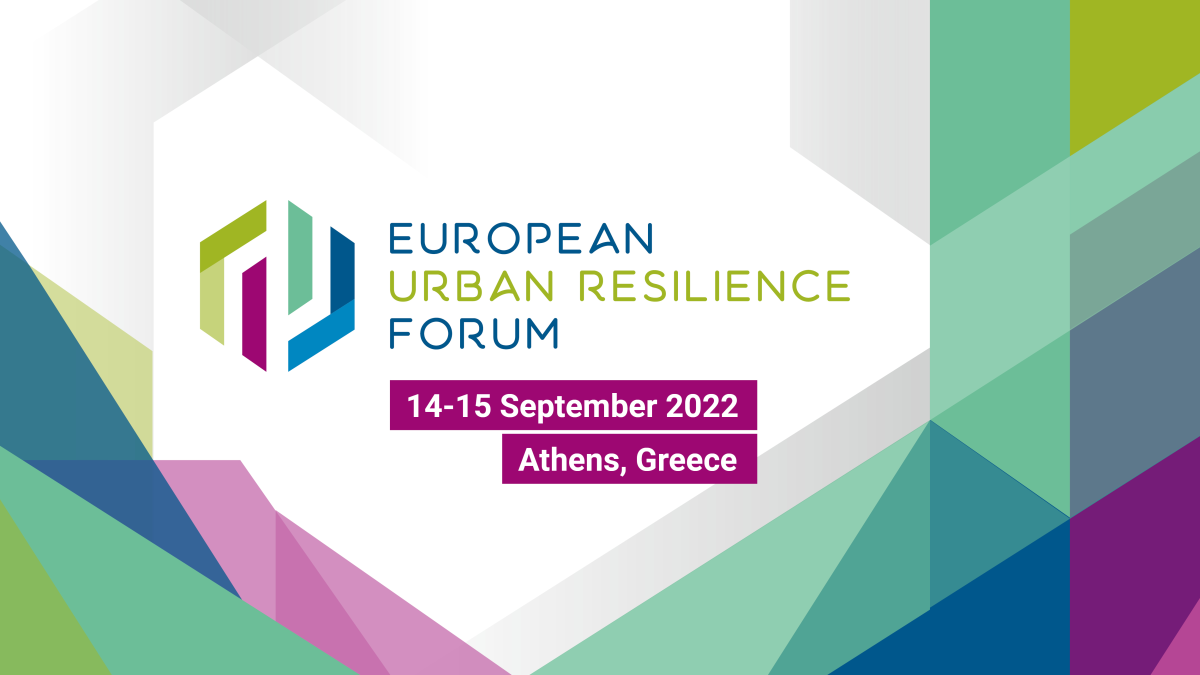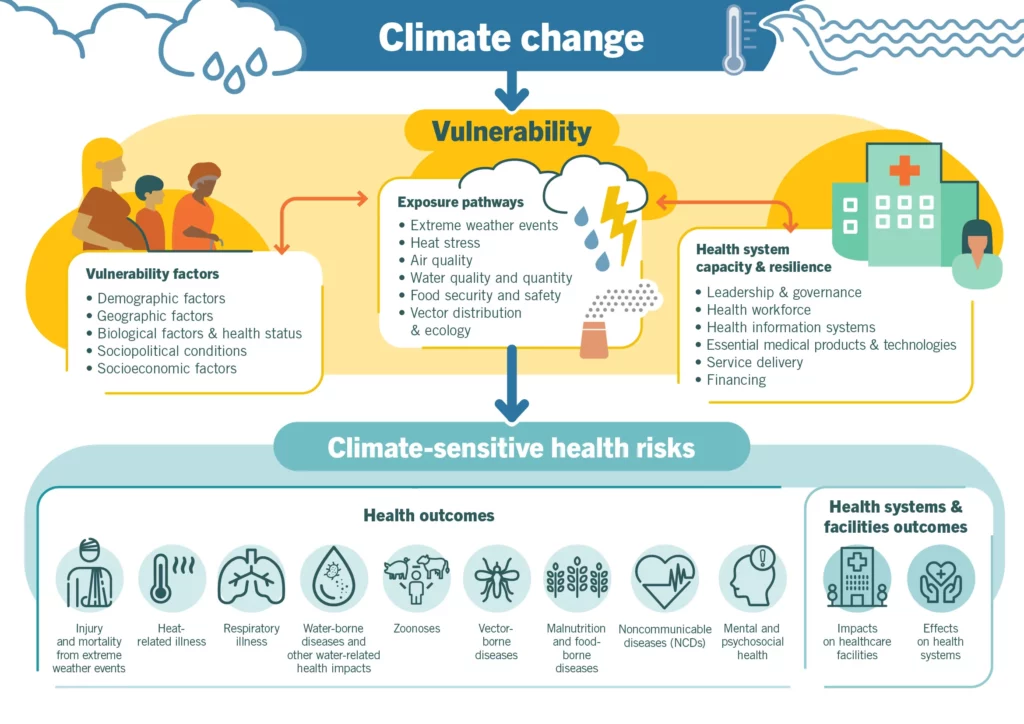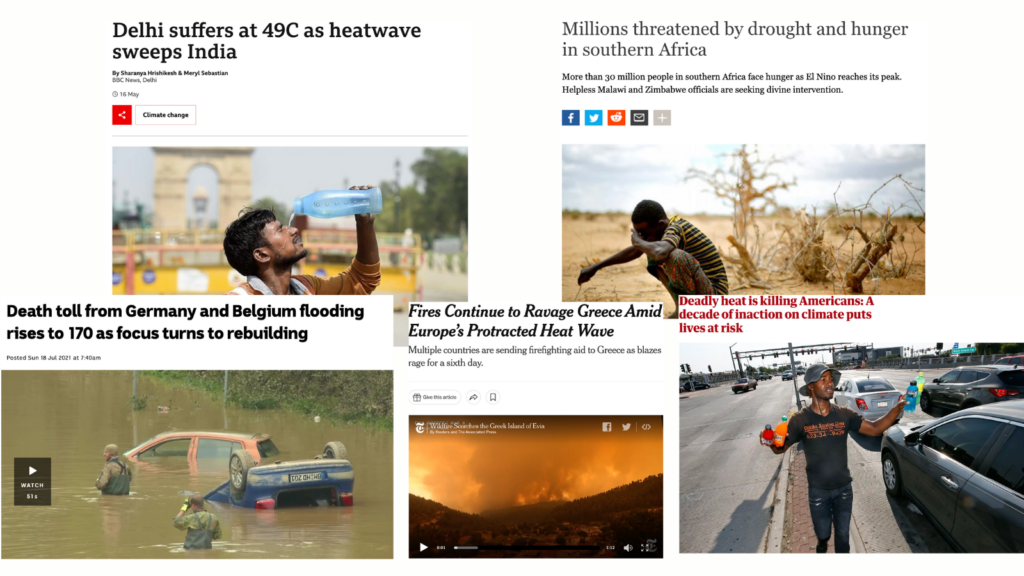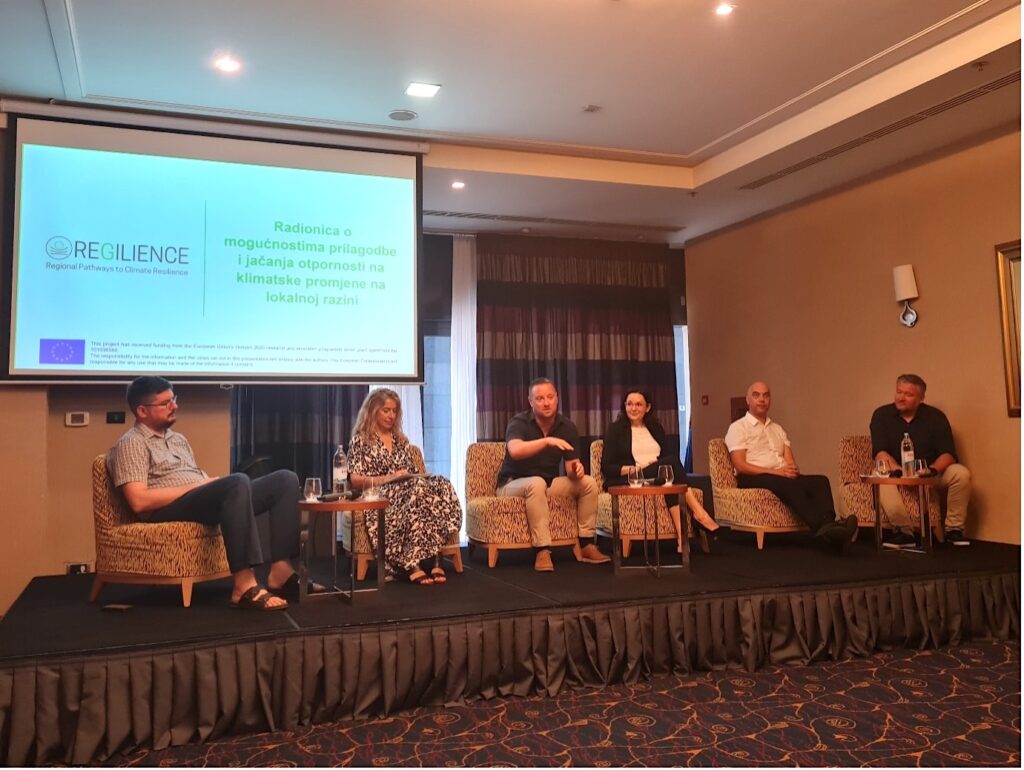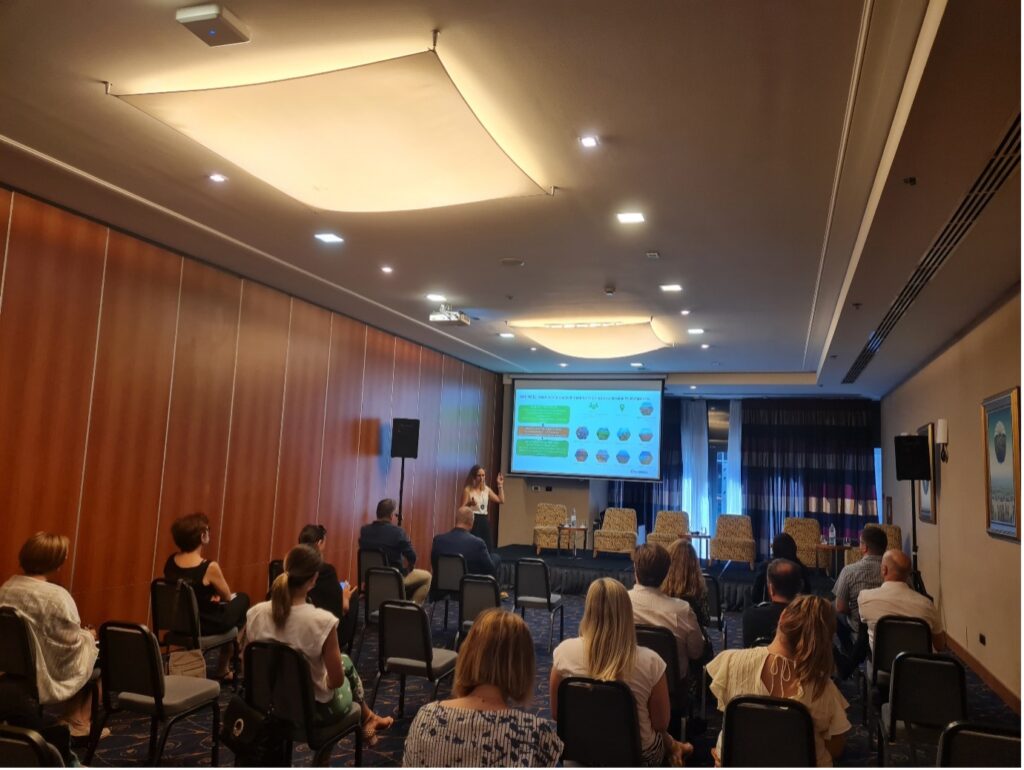France, like many other EU countries, is experiencing these days the impacts of climate change as never before. For the first time, heatwaves have reached Bretagne, a region normally joked for being mostly rainy. Over 40°C have been recorded and while fires have long happened in the South, for the first time they reached Bretagne and the Paris suburbs too. Several articles have been issued on the topics, linking them to climate change, and this is great news amidst the bad ones: for once, climate news is not put down the headlines by other news. This blogpost gathers insights from these articles (available mostly in French), sharing best practices from across Europe, which is also REGILIENCE reason-to-be. They can be a source of inspiration for all, from policymakers to citizens, insurance companies, urban planners, etc., all who bear the price of these extreme events.
In an article presenting research projects working on ways to tackle the fires, that are meant to become the norm (vs the exception) in a near future, Euractiv explains that every year, almost 500,000 hectares go up in flames across Europe. Sharing good practices between States, especially on adaptation measures, seem essential to avoid the devastating impacts the fires leave behind, on people, the nature, the cities. The article quotes Eric Maillé, engineer at Inrae, a French research institute dedicated to agricultural science. He mentions the Med-Star project and the Italian “firewise communities” (Canadian concept): In Tuscany, an adaptation measure is to invite citizens to regularly voluntarily clear brushwood, which can otherwise fuel the fires. The project is also considering resilience approaches: what happens once the fires are put out? This is a thinking that needs to happen increasingly: which species do we plant back? For instance, holm oak is a Mediterranean species particularly resilient in the face of fires… As fighting the fires and dealing with their consequences is extremely costly and challenging (in terms for example of manpower, water resources use), Europe is eager to bet on prevention and resilience.
In another article in French media Libération, another researcher from Inrae, Arnaud Sergent, insists on the need for better land use planning to limit the damage caused by fires. He explains that the forests currently burning in Gironde (West of France) are self-managed, a method dating from centuries ago, leading to poor maintenance: we come back to the idea of having people cutting what would otherwise serve as fuel for these fires and clearing the trails for firefighters to access them more easily. We need to change the way forests are integrated in our territories and consider them in land planning: how do you adapt to the fires from inside the forests, but also from the communities’ perspective, when the fires come close to them? Ensuring the forests are not too close to houses (or as mentioned, by planting hardwoods on the edge of woods, less flammable than softwoods), ensuring firefighters can access the core of the forests are some answers. This is even more important if we consider the key role of forests in fighting against global warming…
In a series of questions and answers following the French heatwave, Magali Reghezza-Zitt, geographer and member of the High Council for the Climate (HCC), and specialist in risk prevention and adaptation, shares solutions. The heatwave that most EU countries have faced or are facing puts us again in front of the need to adapt to extreme weather events, greenhouse gas emissions increasing their intensity, duration and frequency.
The REGILIENCE project team has experienced it while visiting Vienna: we need to cool our cities, and some adaptation solutions include less concrete and more vegetation, piggybacking on the existing infrastructure to adapt to extreme climate events. We need to work on buildings and the infrastructures: new material, new shapes, new techniques. Nature’s place in cities and communities is key and comprehensive development projects should answer risks while avoiding maladaptation, providing multiple benefits (when you add nature, you act on health and biodiversity, while when you act on housing, you can work on energy poverty, comfort, inequalities and more). An example of maladaptation is air conditioning: whenever possible and of course depending on the situation alternatives include building renovation and better insulation, installing effective blinders, urban greening. As highlighted by the IPCC, the right solutions should solve several problems simultaneously why not adding others.
Magali Reghezza-Zitt also mentions, when writing about the water resource, that despite having instruments and technical solutions in France, what we lack is consistency and more regular evaluations, which fully integrate the changing climate. She also participated to a podcast (in French) focusing on adaptation.
Other posts and articles are coming, sharing useful resources and examples. Stay tuned and do not forget to subscribe to our newsletter, sharing resilience news from various projects and initiatives.

